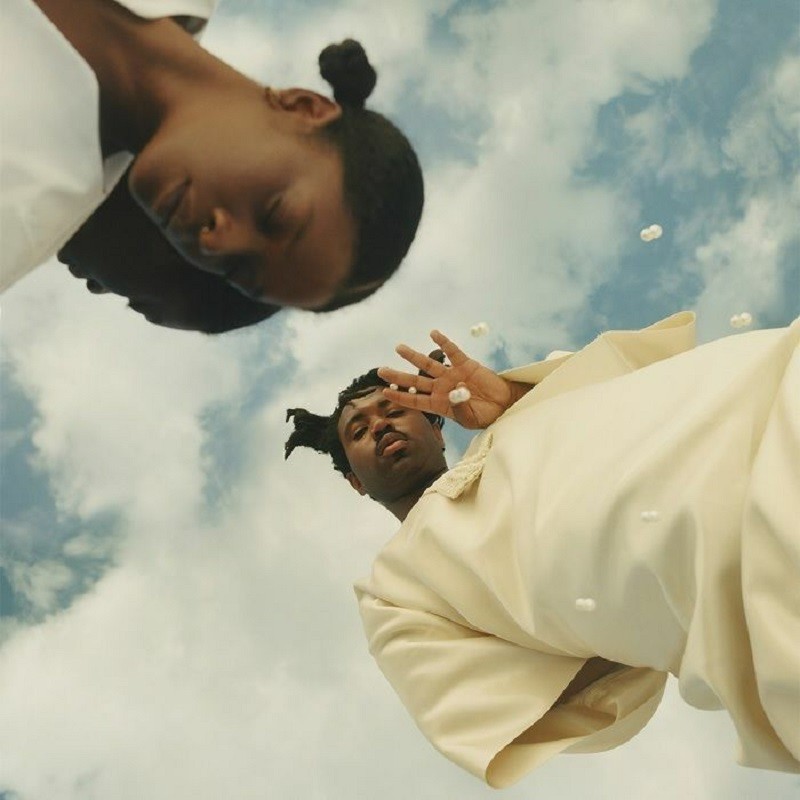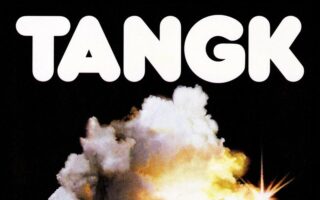
Patience is a virtue for Sampha.
Things don’t always go well for those recognised by the BBC through their annual Sound of…award.
Designed to satisfy the industry and public’s voracious appetite for new talent, when Sampha came fourth in the 2014 version he lost out to eventual winner Sam Smith, but less well remembered were fellow nominees like the Australian twins Say Lou Lou, or Chlöe Howl.
Mostly though the Beeb gets things right, even if success is for the vast majority of artists rarely instant or as billed. The term is also relative; few of the singer/producer’s contemporaries have been nominated for the Mercury Prize and even fewer have won it, as he did three years later with his debut album Process.
Written in the wake of his mother’s premature death, it was a revelatory album which took R&B even further off the course which FKA Twigs’ LP1 had set. Presented in smudged, unsettled tones, the tangled layers and daunted narrative gave it a relatability which appealed to critics and listeners alike.
So…where’s he been ever since? Most notably the answer was, until Lahai, appearing on other people’s records – including Stormzy’s This Is What I Mean and Kendrick Lamar’s Mr. Morale & The Big Steppers, but also he became a father in 2020 and as a matter of choice, took time off to devote to the most important job of all.
Inevitably having new priorities and fresh perspective has caused shifts in the songwriting process, and on Lahai the piano is less integral than previously.
Change is everywhere: Horizons further off and closer away are quickly introduced on the panoramic opener Stereo Colour Cloud (Shaman’s Dream) which launches into a pattering drum n’ bass loop before the tempo downshifts to a soulful chorus from which it then pivots to a sweetly ambient climax. All of this elapses within less than three minutes.
The album’s title is Sampha’s middle name and his grandfather’s first, inspiration coming from familial ties up and down the bloodline but also via a new connectedness to inner and outer space too.
A newfound interest in cosmology helps colour the brief-ish interlude Satellite Business, but Jonahtan L. Seagull is named after Richard Bach’s novel, one which focusses on self-realisation. Its Aquarian sounding vocals and ciel tones are a dreamy transport, one that soundtracks a happiness which it seems couldn’t previously be known.
This new environment is a place of contentment and, sometimes, intimacy. On Can’t Go Back the singer holds the joy of his daughter up to the light but again the skittish, overlapping breaks speak to what reads like feelings of impostor syndrome (‘Still look in the mirror like I found a twin’.)
Sharing traits with some of his notable contemporaries (Sault, Young Fathers) textures, moods and sounds can casually shift, from the ethereal jazz motifs of Rose Tint to What If You Hypnotise Me?’s archetypal rolling ivories, to the wistful balladry of Dancing Circles.
Amongst all these grains however the peak is unquestionably Spirit 2.0, a scatting, celestial, soaring track that manages to sound intricate and has the quality of an open book at the same time. His daughter’s favourite, it’s a hyper-skilled melding of all her father’s journeys behind that mirror.
Lahai is testament to those with patience, both in the making and in the hearing. Sampha was nobody’s overnight sensation, but he’s now in beyond promise fulfilling mode, striding into a future that promises much more than anyone could’ve foreseen in the distant past.





